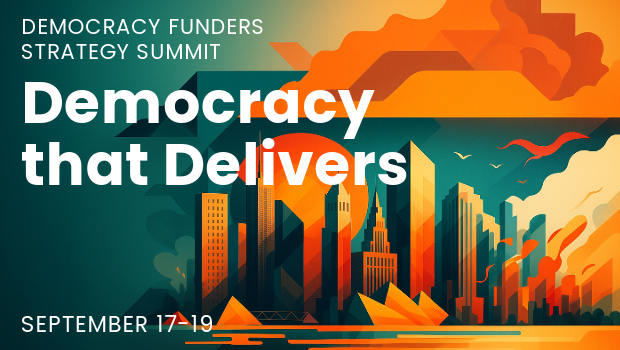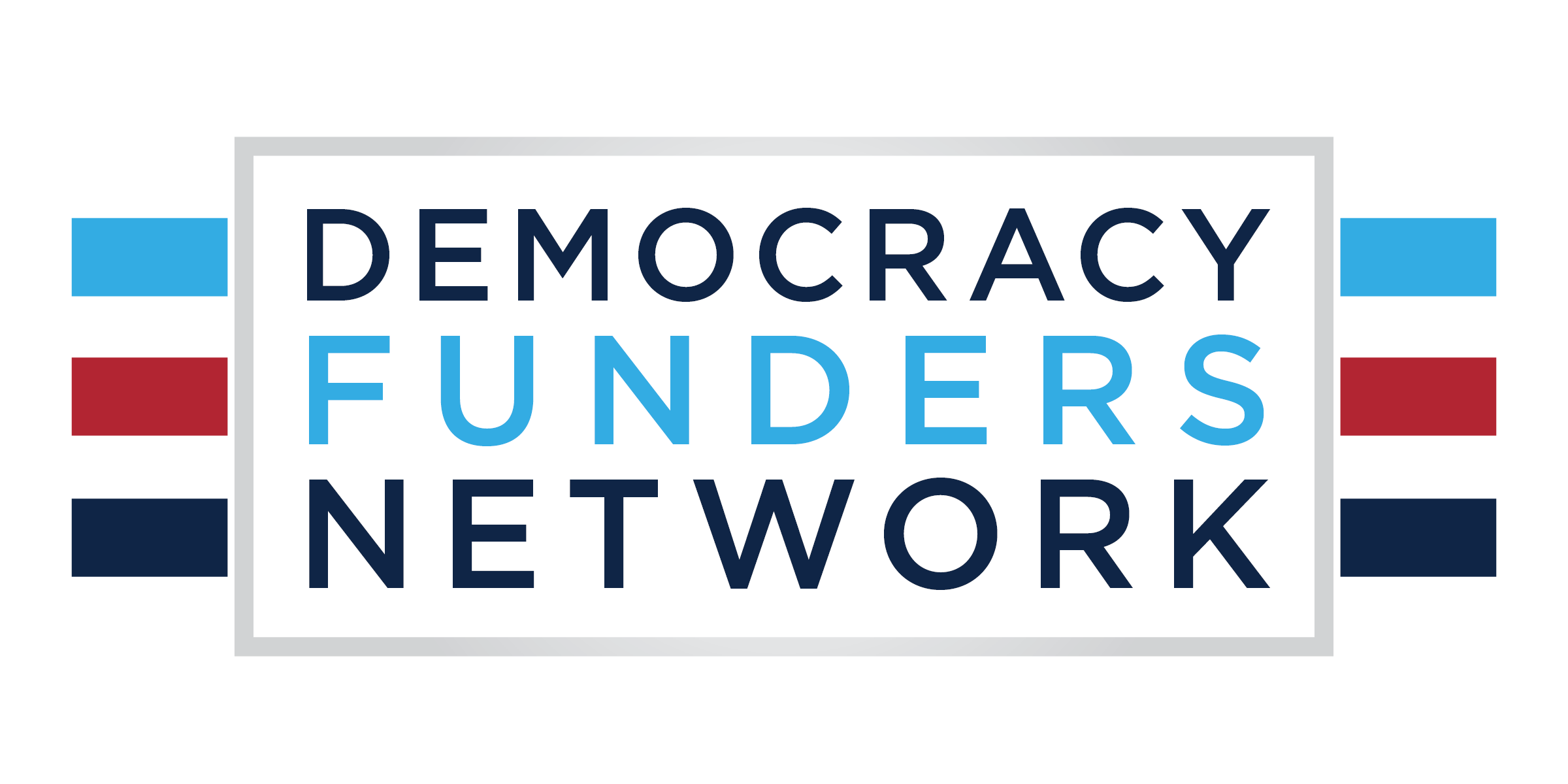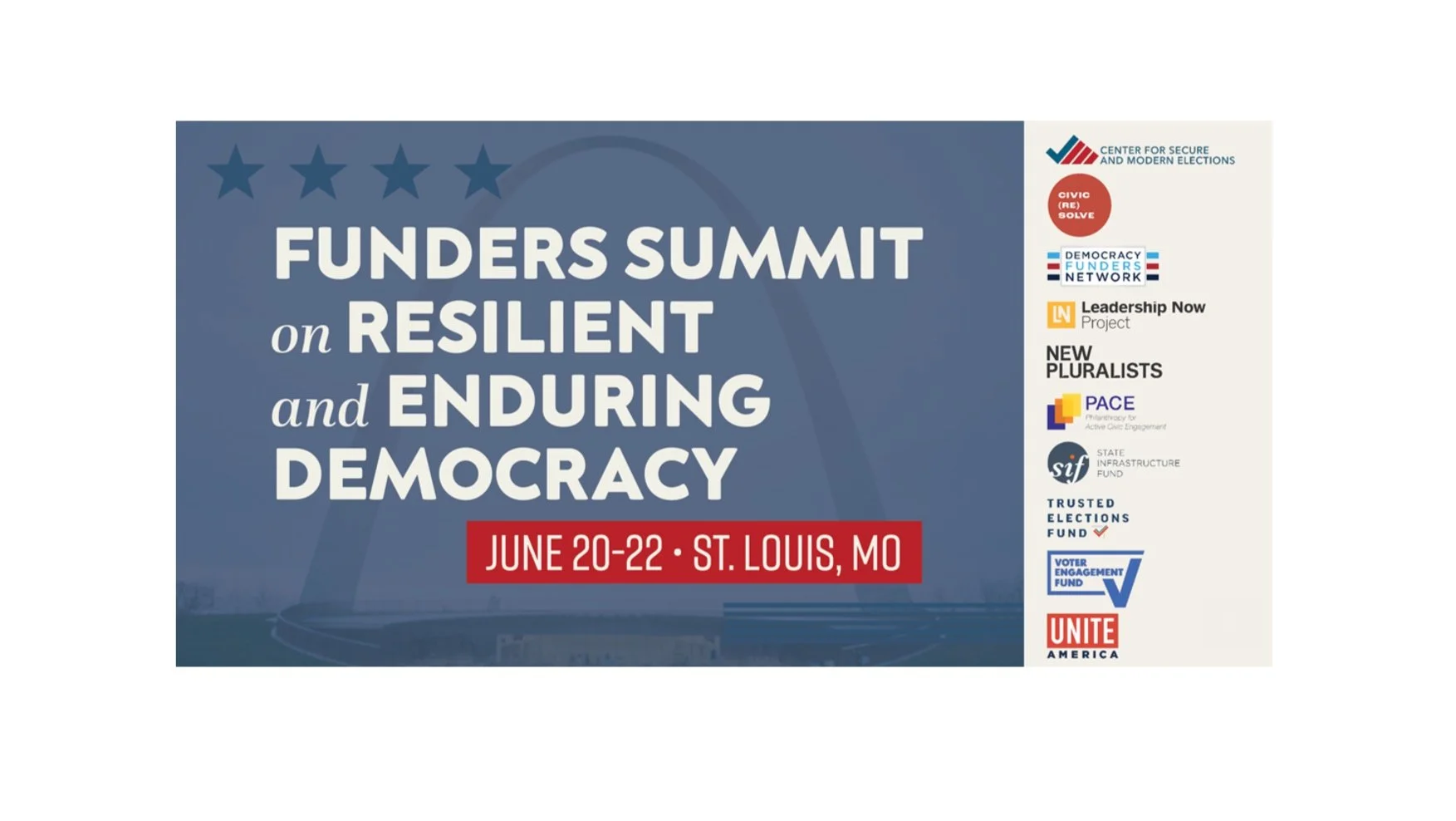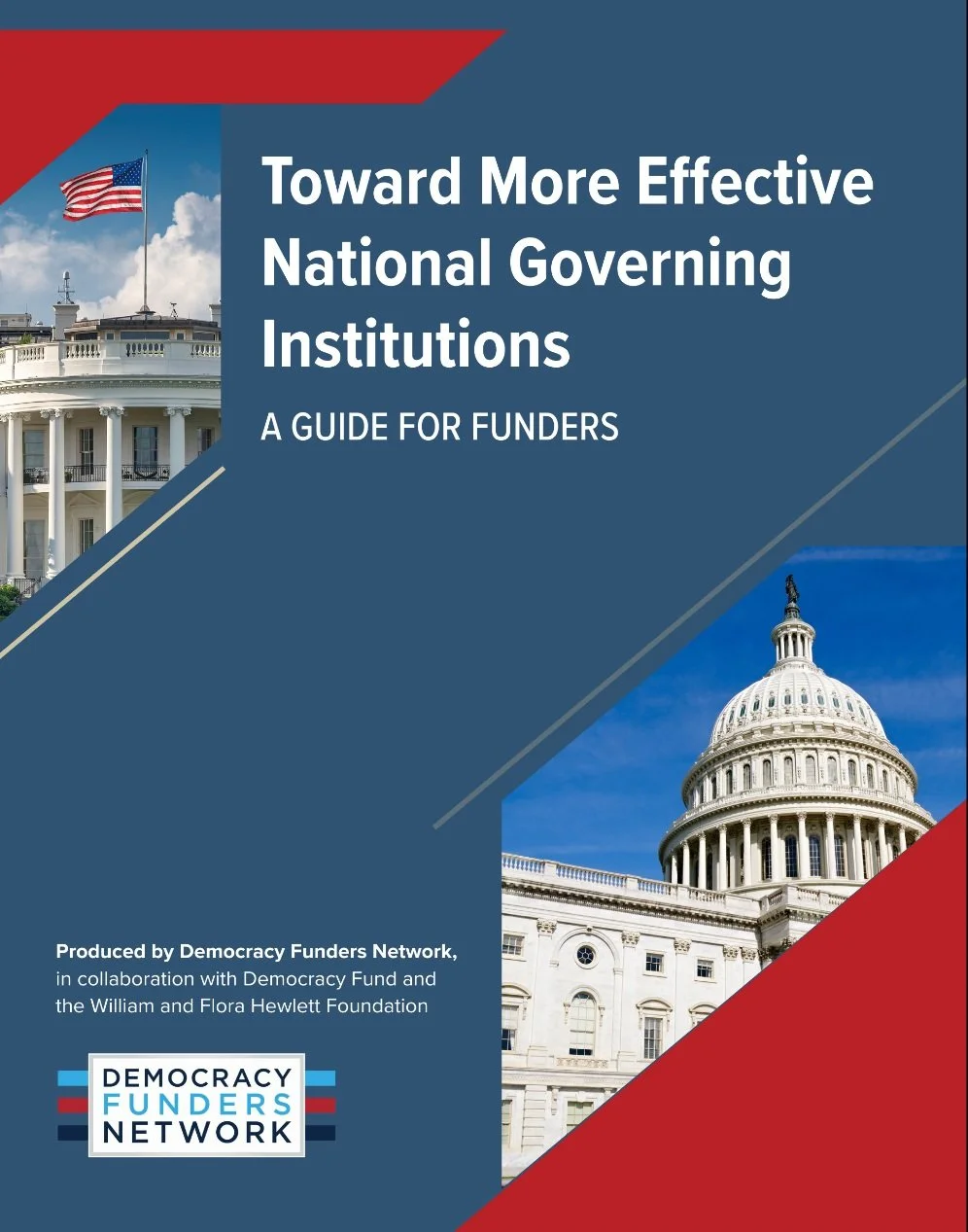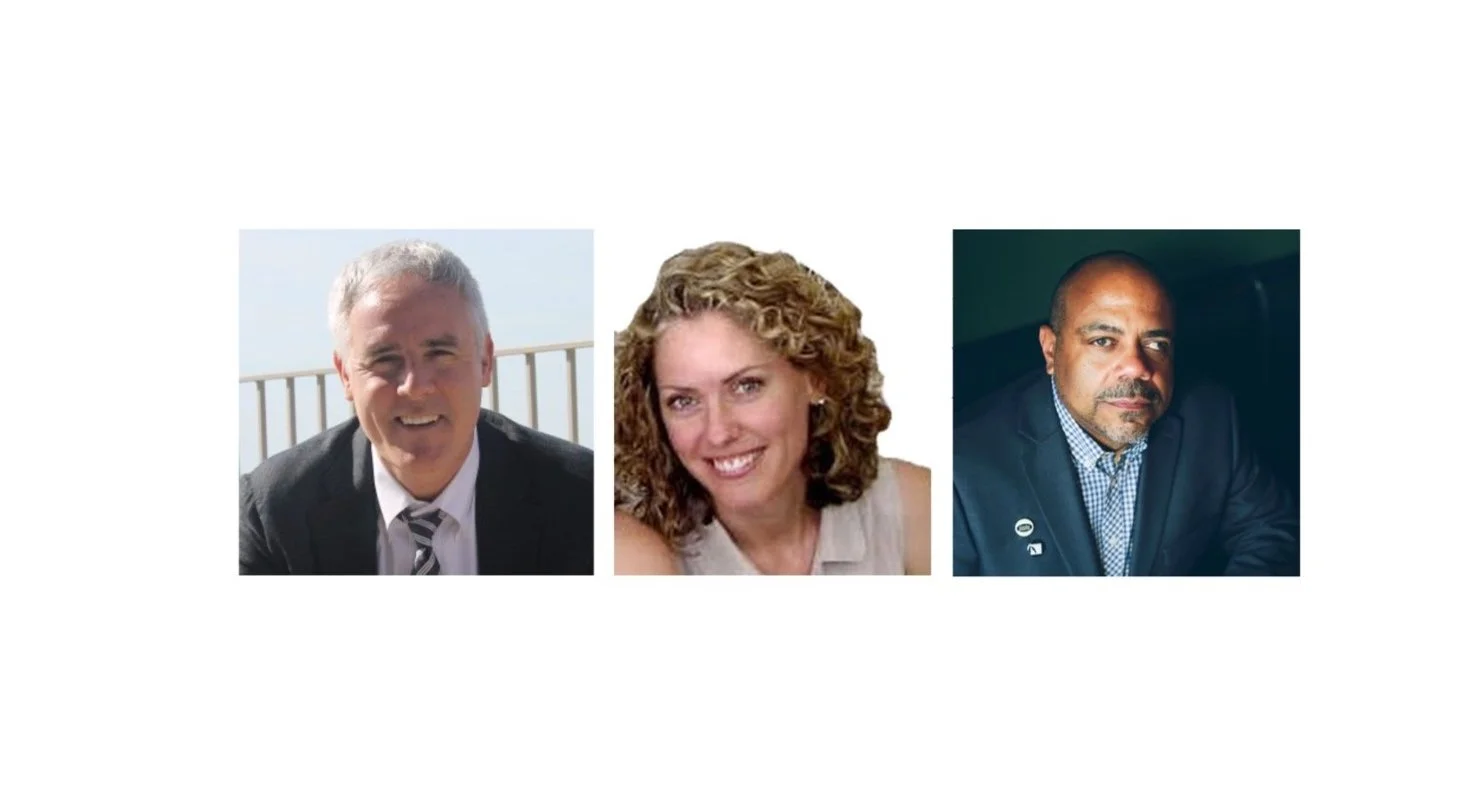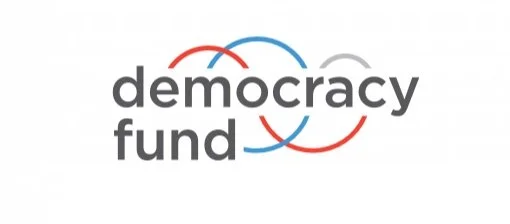Local journalism plays a key role supporting a thriving democracy: it can drive voter turnout and educate voters about the issues and candidates they’re voting on, build trust and cohesion within communities, and act as a key check on government power.
However, in recent years, the local journalism field has faced deep challenges. Many local papers have closed, leaving their communities without access to trusted information. And even at many remaining papers, overstretched staff don’t have the time or resources to produce reporting on democracy issues that meets their communities’ needs. Meanwhile, as the internet and social media reshape our information landscape and mis- and dis-information spread like wildfire, access to trustworthy local news is more important than ever for our democracy’s health.
With support from philanthropy, a stronger local news ecosystem is rising, driven by new business models, enhanced collaboration, and innovative approaches to meet the needs of different communities. Join DFN and MIF to learn more about the promising solutions in this space. How can philanthropy ensure every community has access to local news and information? How can we ensure that newsrooms are able to cover democracy issues well? What would a thriving news ecosystem for the 21st century look like?
Featured Speakers:
About Democracy Funders Network:
Democracy Funders Network (DFN) is a cross-ideological learning and action community for donors concerned about the health of American democracy. DFN serves new and existing funders in the democracy field, and actively seeks to grow the democracy funding community by creating a network for donors who want to learn together, build and strengthen relationships, and ultimately identify opportunities for coordination and collaboration. DFN’s mission is to ensure that the United States remains a robust liberal democracy a century from now.
About Media Impact Funders:
Media Impact Funders is a national membership organization that advances the work of a broad range of funders committed to effective use and support of media in the public interest. Media Impact Funders informs, convenes and mobilizes a growing network of funders around the crucial role that media and journalism plays in democracy and social change through tailored programming that explores a broad range of issues and opportunities in the media funding field; facilitation of peer collaboration and resource-sharing to create or expand media effectiveness; collaboration with other philanthropy serving organizations (PSOs) to showcase the power and impact of storytelling through media; and more.
REGISTER HERE>
